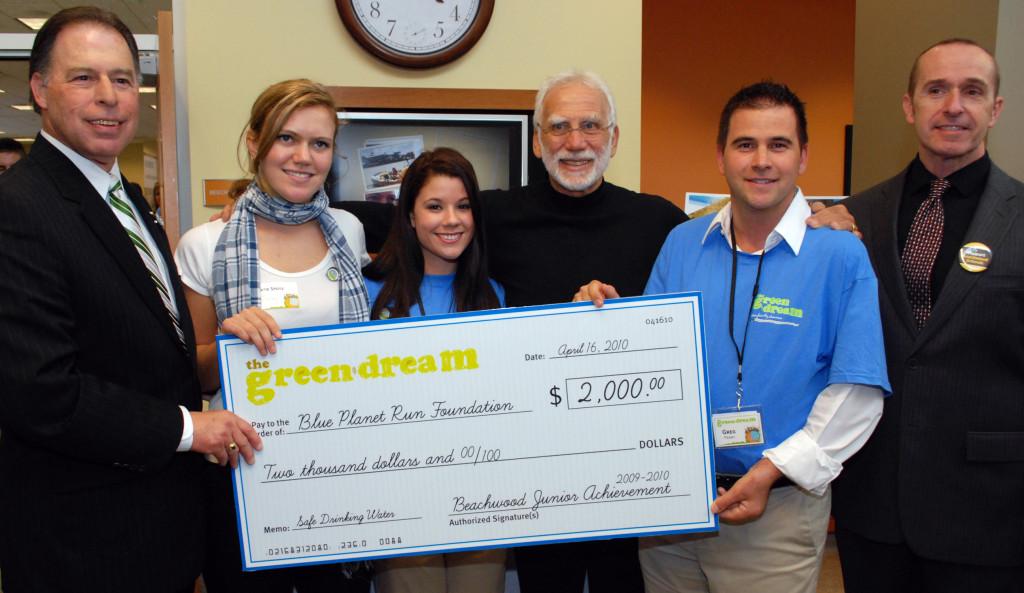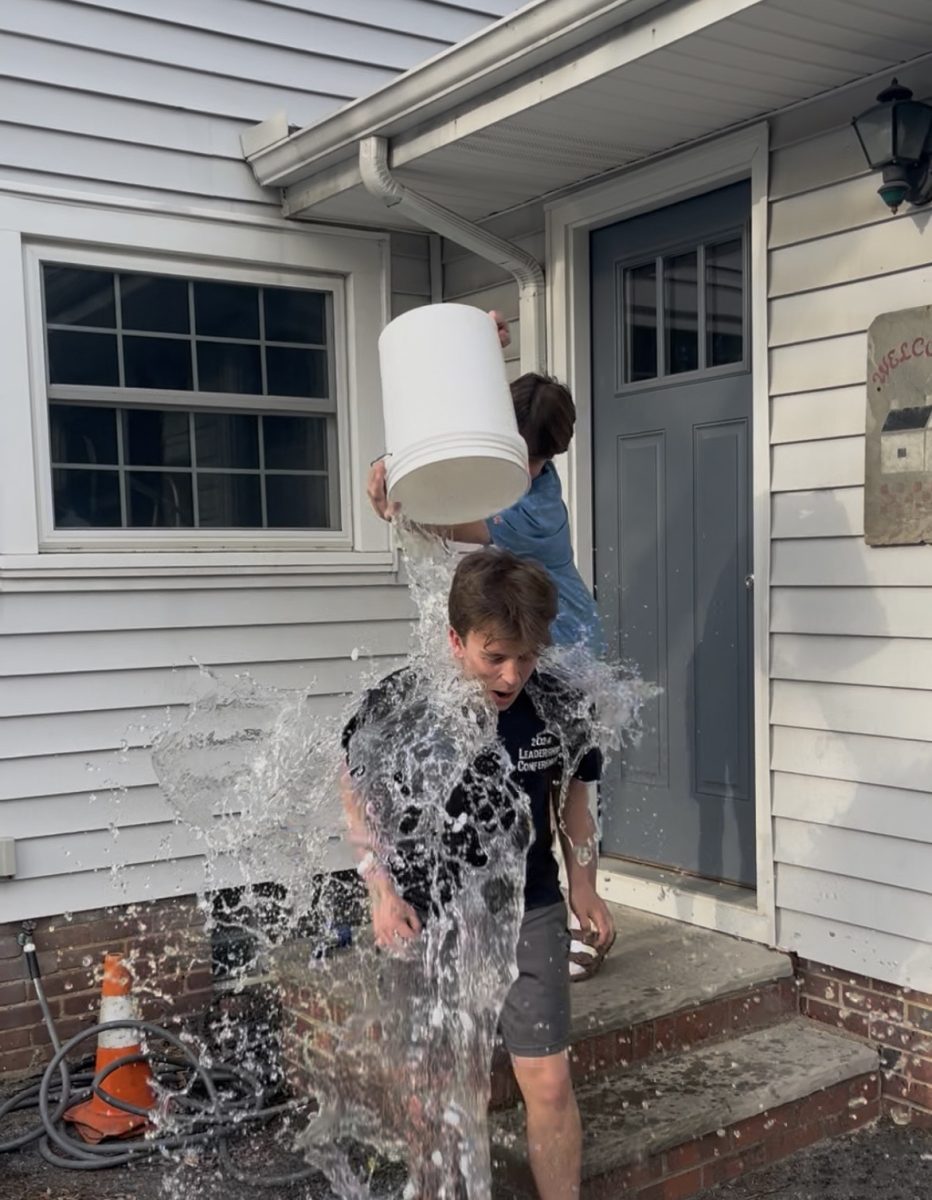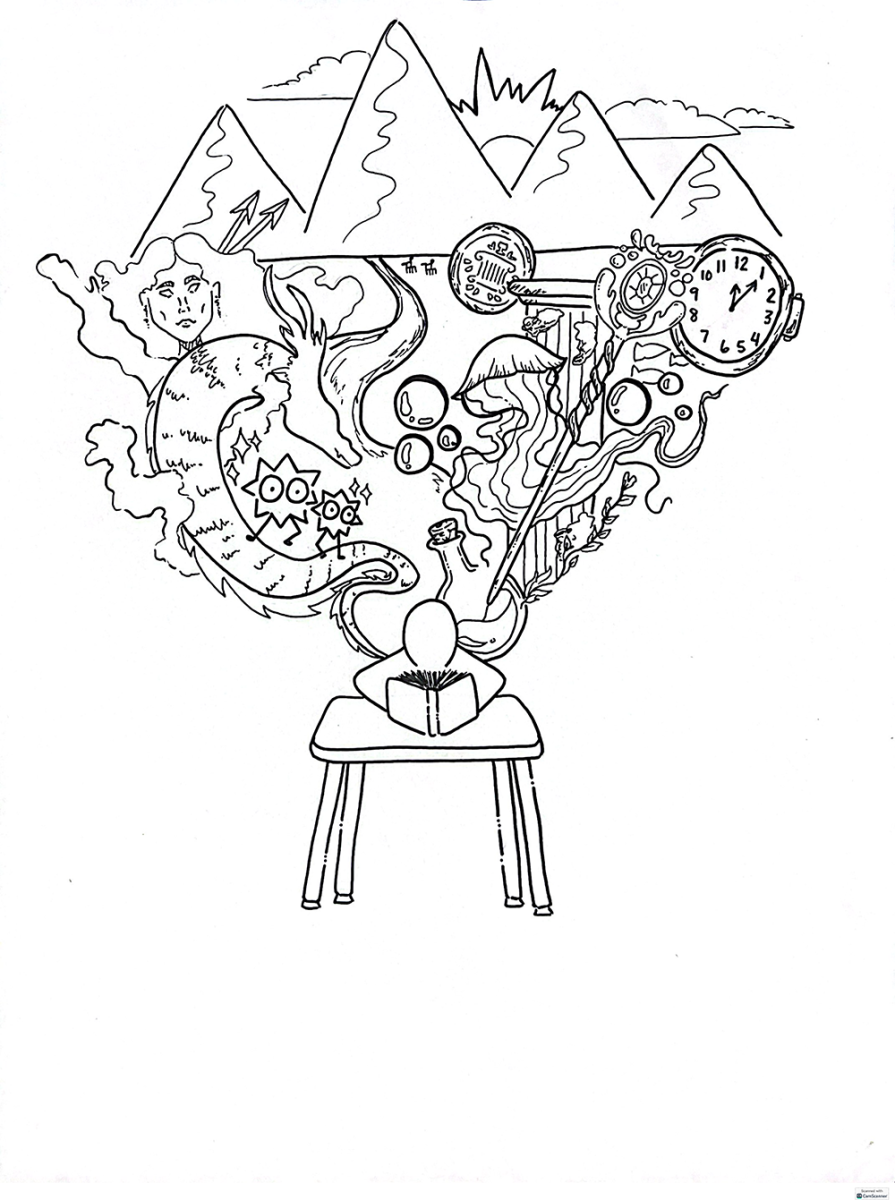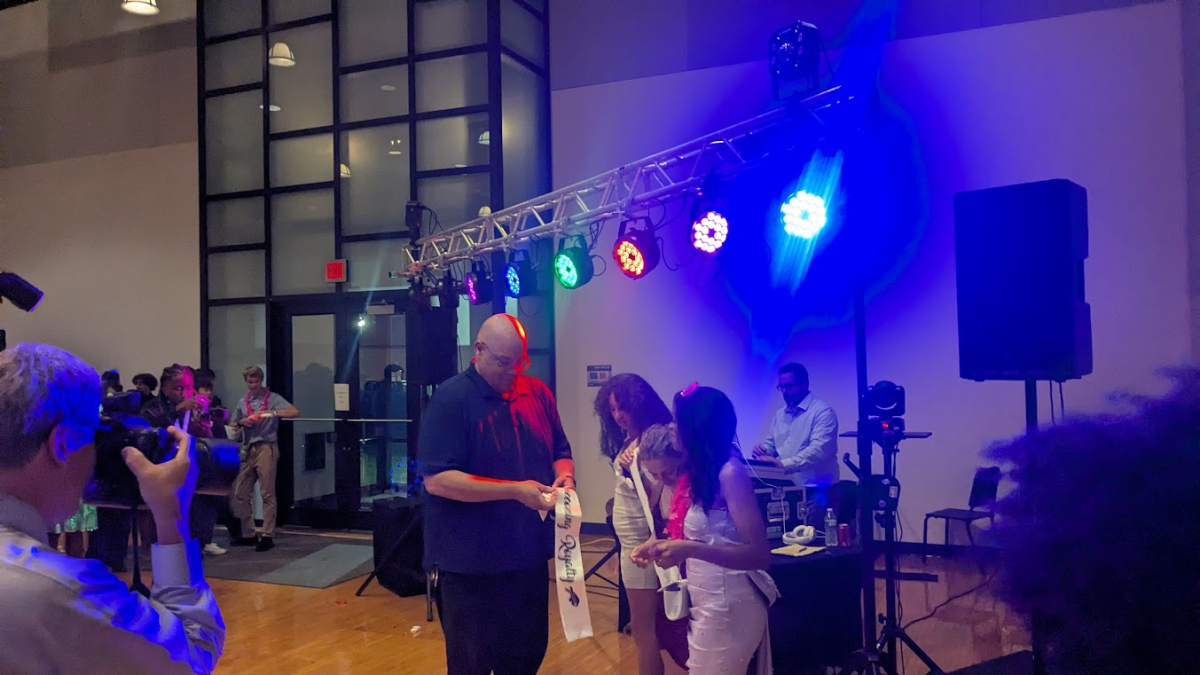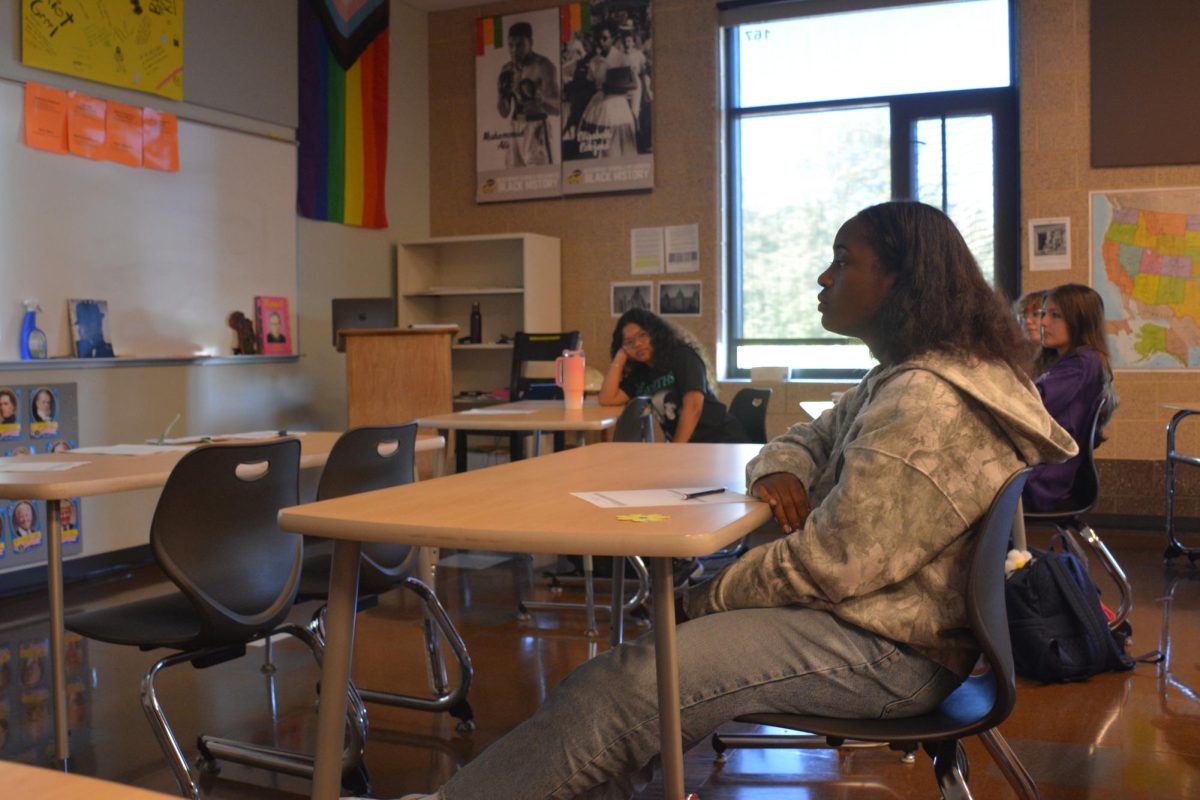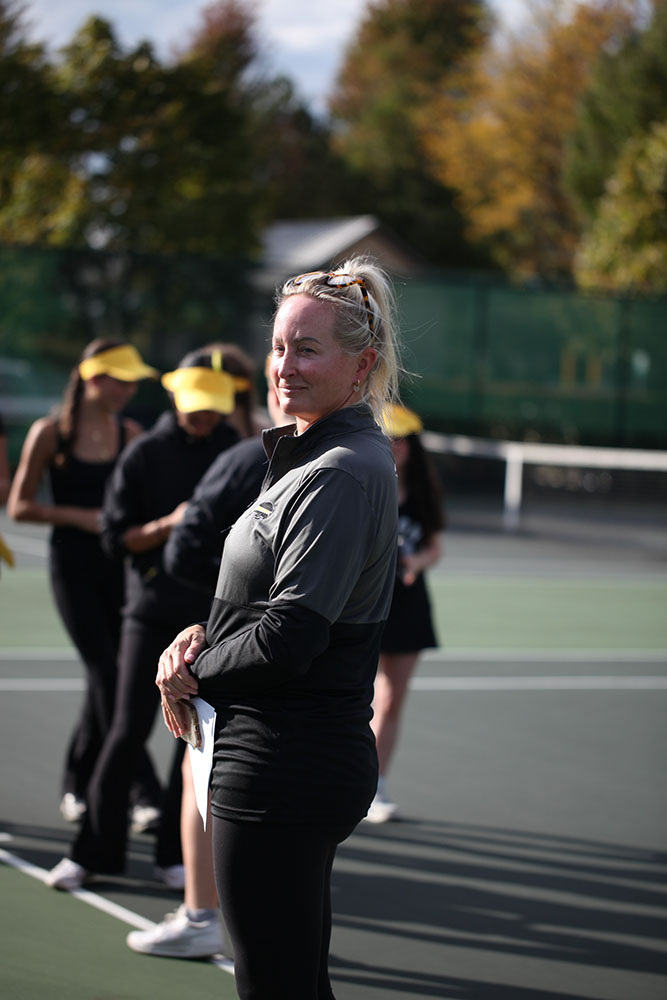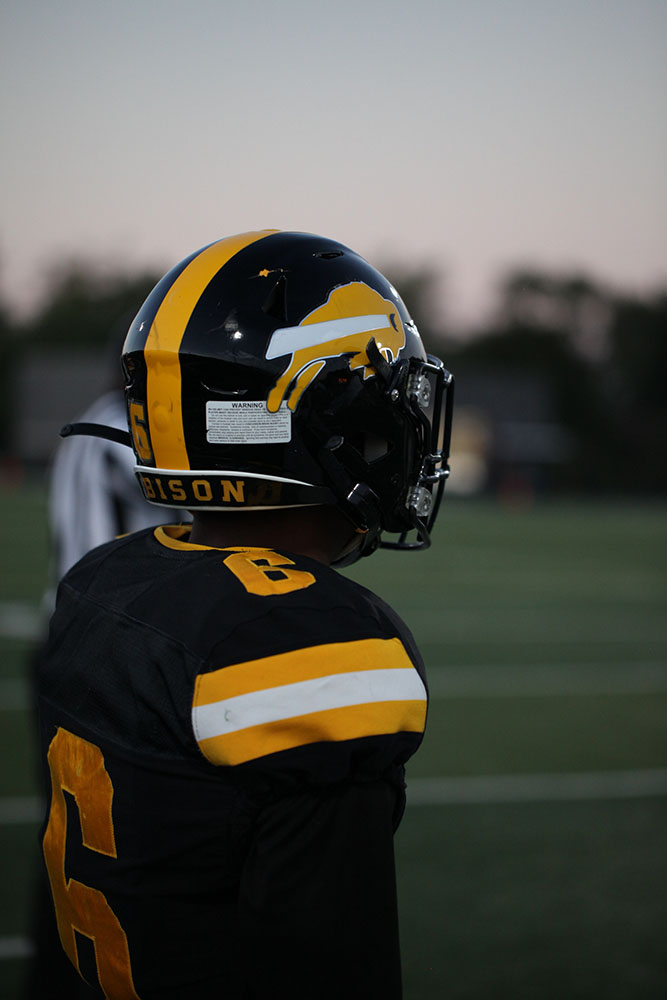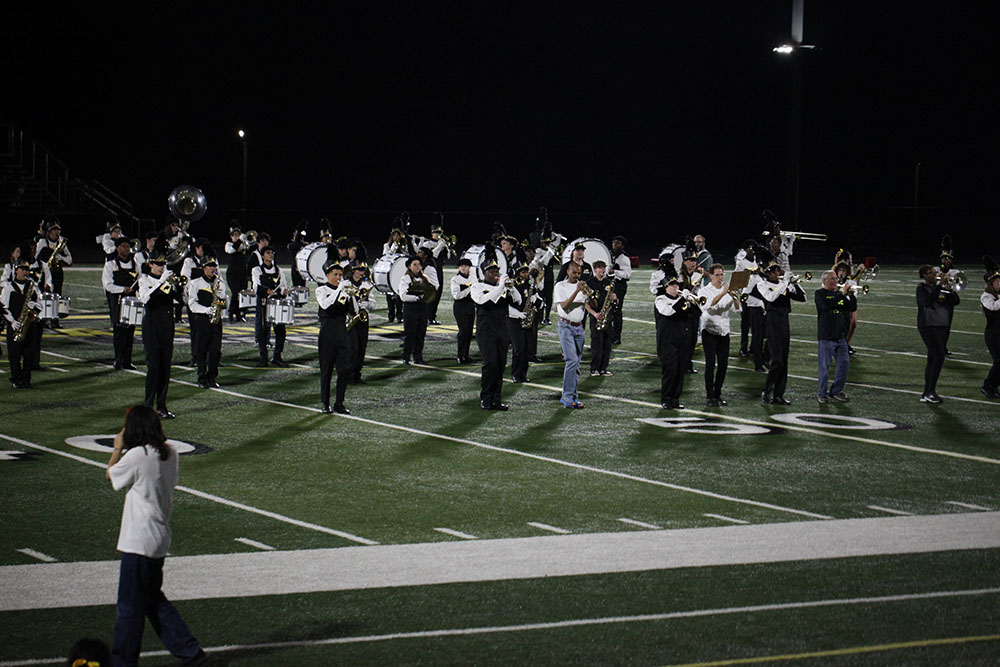As juniors get ready for senior year, the college application process can feel overwhelming, but according to guidance counselor Liz Osicki, planning can make a difference.
“Starting early is one of the most important steps,” she said.
The summer before senior year is the perfect time to begin the Common App, finalize a college list, and draft a personal essay.
“Life is carrying on while you’re applying to colleges,” she said. “You might have sports, clubs, and classes, but you also have college deadlines coming up. So the more you can do ahead of those deadlines, the better off you’ll be.”
College admissions officers receive thousands of applications, many with similar transcripts and test scores.
According to Osicki, there are ways that students can make their application stand out.
“Extracurriculars and recommendation letters are where you get to show who you are beyond the numbers,” she said. “The essay and letters give personality to your application. That’s your chance to tell a story.”
Those personal elements matter more than students realized.
“It’s not just about finding your place in college,” she said. “The college wants to know what you will bring to them.”
Senior Taia Menefee, who will be attending Yale University in the fall, recommends starting the essay before the fall of her senior year.
“Start on [your] main essay during the summer and have a solid draft ready for [an] English teacher to look over by the time [you] go back to school,” she said.
She also advises students not to be unrealistic in their applications.
“Create a balanced list of schools and make sure [you] are being authentic in all of [your] essays,” she said.
For students worried about the stress of senior year, the key is organization.
“You need to know yourself,” Osicki explained. “Are you someone who’s involved in a lot? Do you get home late with AP homework to finish? Then you really need to break things into small pieces and do what you can over the summer.”
She also encourages students to use tools like the Common App’s application grid or the Scoir platform to track deadlines and requirements. Scoir is not just a tool for organizations, it’s also a great resource for researching colleges. Students can even sign up to meet with college representatives who visit the school in the fall.
“These are assignments with due dates, just like in your classes,” she said. “However you stay organized in school, apply that to your applications.”
When it comes to essays, authenticity is key.
“Don’t use ChatGPT,” Osicki said. “They can tell. Colleges see how you write elsewhere, and if your essay sounds too perfect, it actually hurts you.”
Instead, she recommended using resources like the College Essay Guy or getting help from an English teacher.
“A few trusted people for feedback is better than seven different opinions,” she said. “And colleges care far less about a grammar mistake than about reading something that doesn’t sound like you.”
For juniors wondering how to start, the answer is clear: research.
“You wouldn’t just buy the first car you saw,” Osicki said. “You’d test drive it, compare it and learn more about it. It’s the same with colleges.”
“Find out if a school has your major, what life is like on campus, and whether it’s a good fit for you, not just your friends or siblings,” she added.
Senior Londyn Travis, who will be attending Ohio University in the fall, agrees that it’s important to find the right fit.
“There are so many factors,” she said. “There are too many to even keep track of: price, location, stuff like that.”
She found that TikTok and firsthand accounts helped her get a realistic view of different schools.
“They will tell you if the food is terrible, [if] it is miserable [there,]” she said. “That’s the real reality… Not whatever sugar- coated information the website will feed you.”
Even freshmen and sophomores can get a head start by focusing on academics, getting involved early and learning what subjects interest them.
“Getting involved early allows you to move into leadership roles, which colleges love,” Osicki said. “And having a part-time job? Colleges love that too. These are all things students often do naturally that prepare them for this process.”
Travis suggests that students keep things in perspective throughout the process.
“If you think you’re cooked, I promise you there are people so much more cooked than you,” she said.
Osicki advises students not to pile on too many advanced classes for their own sake, but to challenge themselves in areas that interest them.
“No one is meant to take all the APs,” Mrs. Osicki said. “You’re showing colleges that you’re willing to do the work, and that you can handle college-level material. If we don’t offer an AP in your area of interest, that’s where CCP can be a great fit.”
She also pointed out that while Ohio colleges view AP and CCP similarly, out-of-state and private schools may prefer AP because of its national standard.
Students looking for more support should take advantage of the many resources available.
“We have LEAF, Lake Geauga Educational Assistance Foundation, which is a huge help with financial aid, scholarships, and even building your college list,” Osicki said. “We’re also here all fall for drop-in office hours, one-on-one meetings, and general support.”
“The biggest commodity is time and we can help you make the most of it,” she added.
In short, students can find success in the college application process by starting early, staying organized, being authentic and using the many resources at their disposal.
“There are thousands of colleges out there,” Osicki said. “There’s a good fit for every student. You just have to do the work to find it.”
Travis emphasizes that students should keep their eye on long-term goals.
“I think what people forget about college is that, yeah, you want to have a good time, but you need a job after,” she said.
Menefee shared her personal experience with test prep.
“I initially began preparing for the ACT during the summer after sophomore year, but I didn’t like my score so I switched to the SAT in the middle of junior year,” she said. “I took the SAT three times, once in March, once in June and once in August, and superscored my score.”
“I utilized Khan Academy, which is free, and different YouTube channels as well,” she added. “I also used the Princeton Review Book, but I personally don’t feel that it was very effective.”
So, before chasing a name-brand school like Brown or UCLA and stressing yourself out trying to do every extracurricular social media is telling you will guarantee admission, remember that your college experience is about you.
Don’t choose a school based on your friends’ opinions, your parents’ preferences, or a social media influencer’s highlight reel. Consider the practical details: financial aid, location, food, academic fit, class and campus size, career services, diversity, and overall cost.
For underclassmen, the most important advice is to start early; the sooner you begin exploring, the easier the decision-making process becomes.
At the end of the day, your college experience is what you make of it. So take your time, trust yourself and do the work to find the right path for you.





